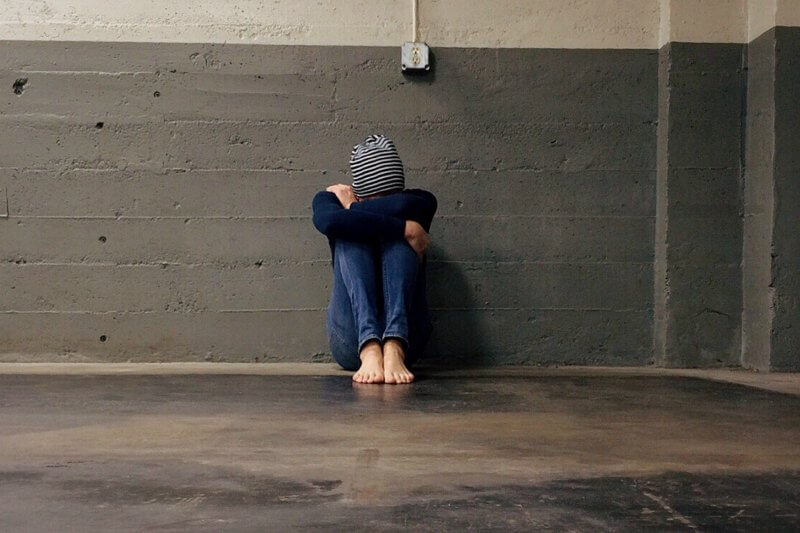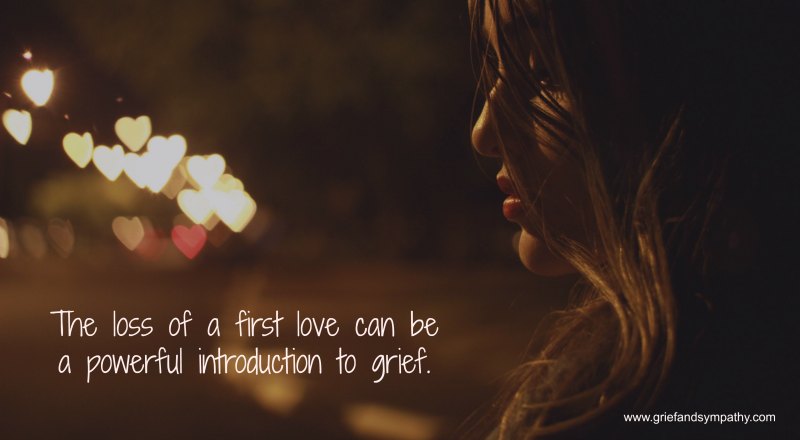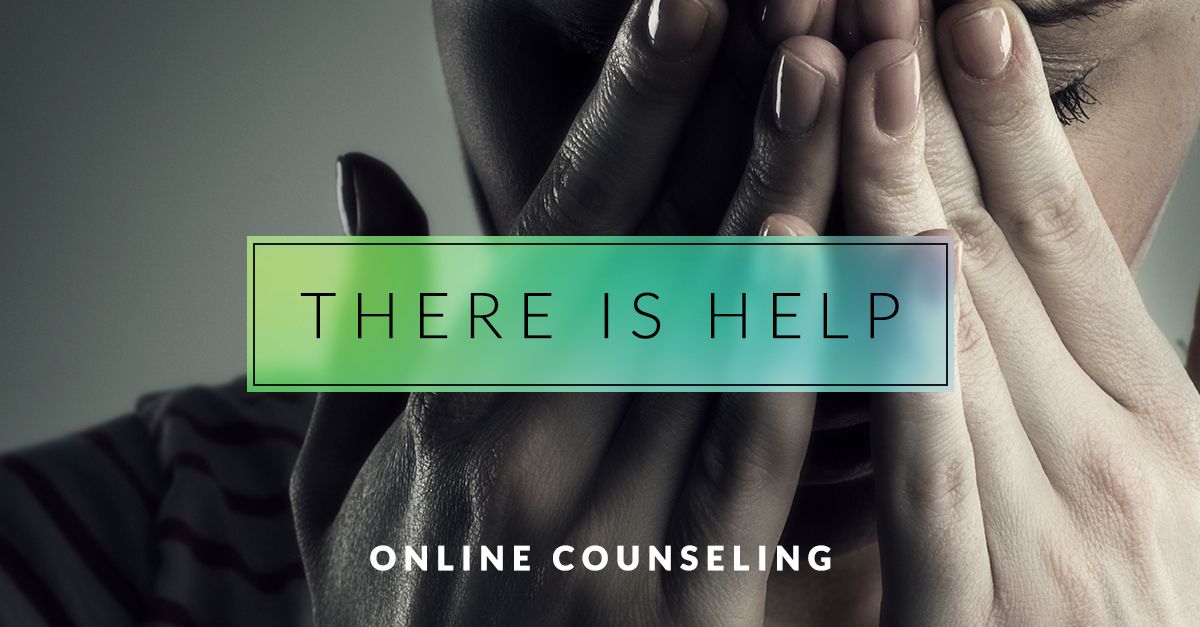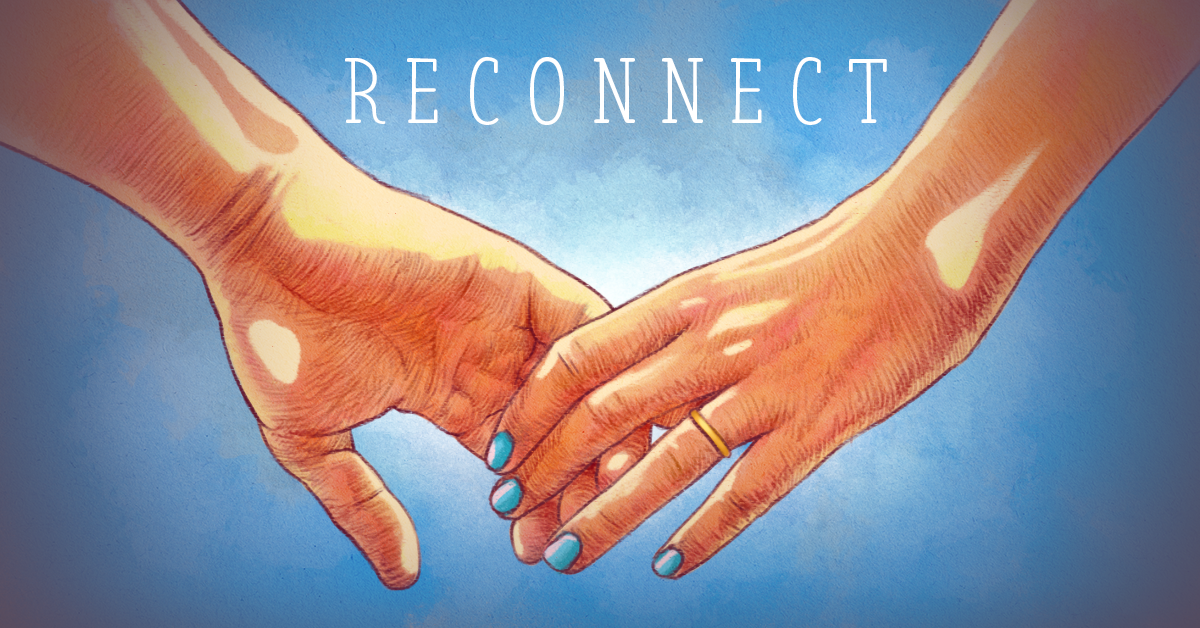Grief After a Break Up - Helping Your Teens Cope
For teens who have possibly never experienced a relationship break up before, the grief can be overwhelming. Understanding some of what they are going through and being there for them can ease their break up pain and help them to heal and move on.
Loss of a First Love
How many of us remember that first crush, that first kiss, the heady excitement and the feeling of being loved for the first time. Then the pain when the focus of all our emotions hardly notices we exist. The hurt of rejection and the feeling that our whole world has fallen apart.
As adults, often those memories have faded, and it is easy to dismiss what our children are experiencing as trivial, and we expect them to get over it quickly.
But the loss of first love can be a powerful introduction to grief.
If you have a teenager in the house, going through the awful upheaval of the loss of a first love, you need to be there for them.
Most teachers will tell you that the best age to manage classes is the pre-teens. Primary school children are enthusiastic, friendly, eager to share conversations. Ask them how their day was at school, you will get chapter and verse. They love to discuss everything.
How do these wonderful children then become the cool, bored, know all about life individuals who share our home. They think their parents are an embarrassment. Conversations become monosyllabic. School was "OK", friends are "fine" is a long chat. Mood swings are greater. Life is all black or white with no shades of grey. Things which are trivial for us are major catastrophies for them. A spot on the face or you forgot to wash the correct sports shirt can provoke emotional melt down. Peer group acceptance is the main focus of life, which means keeping up with the latest hairstyle or fashion. They desperately want to fit in and show confidance. But when the grief of a break up hits, things can get even more difficult and both boys and girls can be hard to reach if they lock themselves in their rooms and can't express the pain they are feeling about their relationship break up.
They might not even tell you what has happened, so watch out for any symptoms of moodiness or anxiety, or a sudden drop in academic achievement. These may be signs that there is something wrong. Don't be afraid to ask them what is happening and try to help them.
We explore below the best ways to help both teenage girls and boys when they experience the grief of their first break up.
Helping Teenage Girls Ease the Pain of a Break Up
The transition from childhood to womanhood is a mix of emotions. A lot of the outward bravado is to hide the uncertainty and anxiety about what is happening to them. They worry if their monthly menstruation hasn’t begun when all their friends have started. If any of their friends have boyfriends they panic that they are not good enough for anyone to want to go out with them. They spend a lot of time dreaming about the ideal partner and talking to friends about the boys they know. They want to appear cool but worry about sex. Should they do it? What is it like? Will the boy want to go out with me again if I say no? These things are all too embarrasing to talk about with parents so they often get the wrong advice from friends.
What is going on?
Well, the hormones are in overdrive. Mother Nature has away of ensuring the survival of the species and the sex drive has arrived. When this coincides with all the pressures of exams, studying, sport and or music lessons the pressure is on. Understanding family support is essential. The teen is learning how to be a woman and hardly understands what is happening to her body.
When a boyfriend first comes on the scene parental support is essential, even if they don’t think this is the long term partner they envisaged. This new relationship is another learning curve for your daughter.
When the new relationship has been going on for a while, there will be thoughts in your daughter’s mind of long term romance. Lives having a happy ending, walking off into the sunset together. The realisation by the boyfriend that this is not the right person for for him, can cause utter devastation for the girl. A solid relationship should be based on couples loving each equally, where one partner loves someone far more than the other it doesnt work well. All the imagined future hopes are dashed and she will feel a huge loss in her life. The emotional roller coaster can be difficult for all the family. Remember the tears are good and her hurt feelings may be exhibited at home only. She may be putting on a brave face for school or work friends.
The loss of the relationship can be devastating for the teen. They feel a failure and think that no boy will want to know them now. Parents and friends have to be reassuring and point out it is far better to find out that you are not a long term couple sooner than later. Most good friends will be sympathetic rather than critical and have probably had the experience themselves.
Your teenage girl will need her confidence boosting so that she can feel beautiful and attractive again. Make sure she knows how special she is and that she is loved by her family and friends.
Keep a watchful eye for any symptoms such as:
- anxiety,
- eating problems,
- alcohol abuse or
- drug abuse.
If you are worried, don't be afraid to get professional help. Teenagers can sometimes benefit from relationship or grief counseling at this stage if they are having difficulties.
The teen years are difficult but can be fun. Meeting new friends, starting a new job, going out with new boyfriends can ultimately help them to decide on who they wish to spend their lives with. Rarely is it the first boyfriend.
Just be there for them. Always have a smile. Don’t rise to criticism or take their outbursts personally. Keep telling yourself this phase of growing into womanhood will pass.
Helping Teenage Boys Heal from a Break Up

Teenage boys can also go through a difficult time when they split with a girlfriend and although they may face up to this with a stiff upper lip response, their hurt will be just as painful. They may become sullen and moody at home and withdraw to their room to be alone more. Among their friends they will try to pretend they don’t care. Patience and support from parents is essential. Let them know that you are there for them when they need to talk about anything. Tell them that it is OK to ask for help at any time and that we all need to at times in our lives.
It is a sad time but also a learning experience. Explain how many friends they have had in their lives and how friendships have changed over the years and in different schools. This can also happen until they find the person they want to share a life with. Most people have several girlfriends before finding Miss Right.
Boys, just as much as girls need a confidence boost after a break up. Give them lots of love and encouragement and let them know that they are clever, good-looking, talented and special.
All the same advice as for helping teenage girls above applies here too.
The teenage years are some of the best in our lives but also some of the most emotionally difficult. Emphasize that they should never ever be afraid to ask friends or family for help to solve their problems. Many feel that grief after a break up is a weakness and now they are older should cope on their own. Or they are just too embarrassed to bring up the subject. Let them know that asking for help and talking about their feelings are signs of strength and maturity.
Be open, be non-judgemental, and above all be there for your teens. Their first experience of grief can be the most painful and the toughest of their young lives.
Related Pages:
More Tips on Helping Teens Cope with Grief
Other Pages About Relationship Grief
- Grief and Sympathy Home
- Helping Children Cope with Grief
- Grief After a Break Up
Where to get help:
Have You Considered One-on-One Online Grief Counseling?
Get Expert and Effective Help in the Comfort of Your Own Home
The following information about online counseling is sponsored by 'Betterhelp' but all the opinions are our own. To be upfront, we do receive a commission when you sign up with 'Betterhelp', but we have total faith in their expertise and would never recommend something we didn't completely approve.
Do you feel alone and sad with no support and no idea how to move forward? It can be tough when you are stuck in grief to find the motivation to get the most out of your precious life.
Online counseling can help by giving you that support so you don't feel so alone. You can have someone to talk to anytime you like, a kind and understanding person who will help you to find meaning in life again, to treasure the memories of your loved one without being overwhelmed and to enjoy your activities, family and friends again.
- Simply fill out the online questionnaire and you will be assigned the expert grief counselor most suitable for you. It only takes a few minutes and you don't even have to use your name.
- Pay an affordable FLAT FEE FOR UNLIMITED SESSIONS.
- Contact your counselor whenever you like by chat, messaging, video or phone.
- You can change counselor at any time if you wish.
- Click here to find out more and get started immediately.
- Or read more about how online counseling works here.
Sales from our pages result in a small commission to us which helps us to continue our work supporting the grieving.
Hypnosis for Grief - 10 Ways It Can Help You
Try a gentle hypnotherapy track to relax the mind. Learn how self-hypnosis can help you cope with grief at any time of the day or night.










